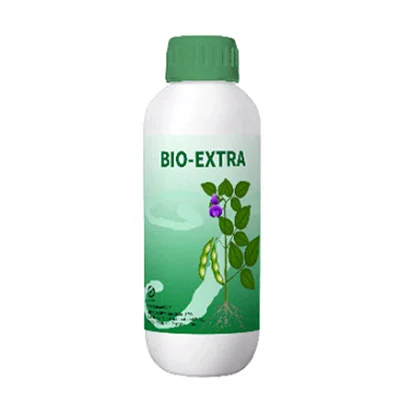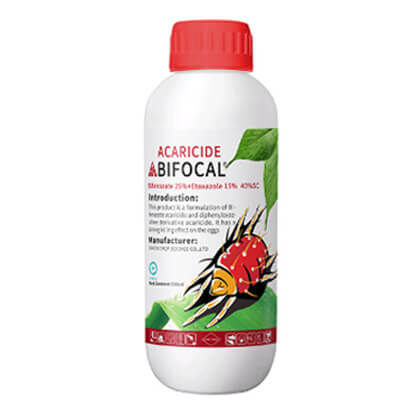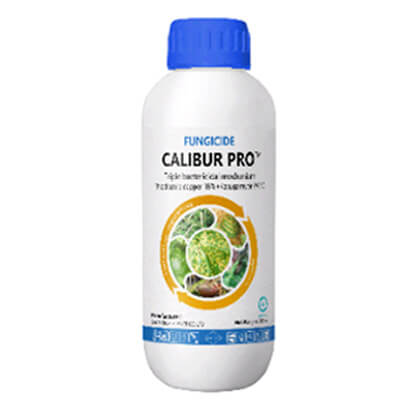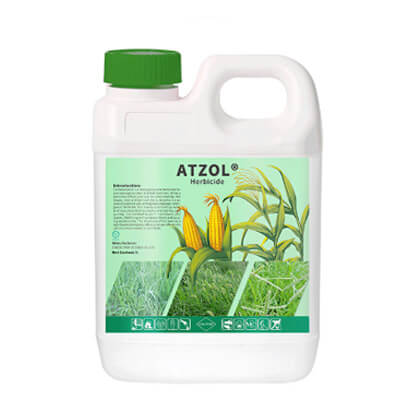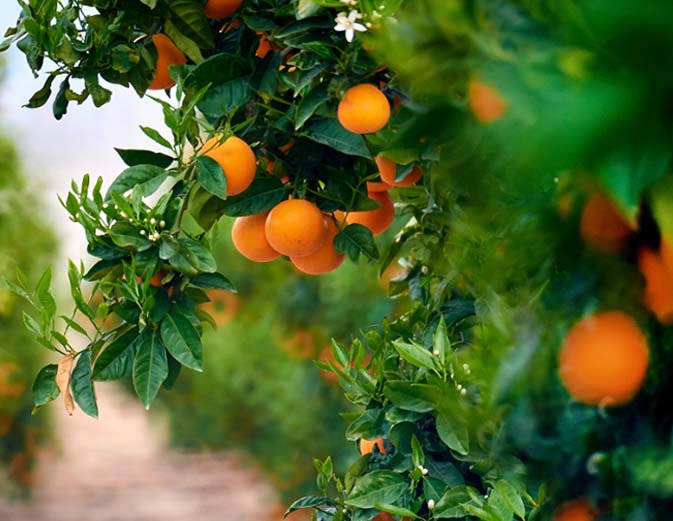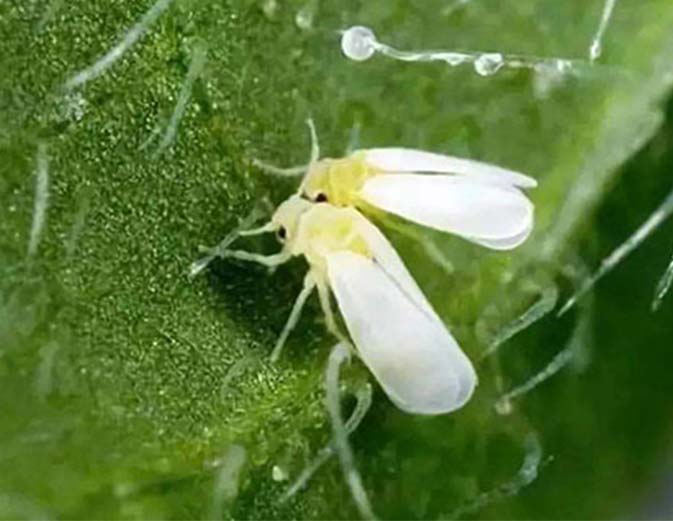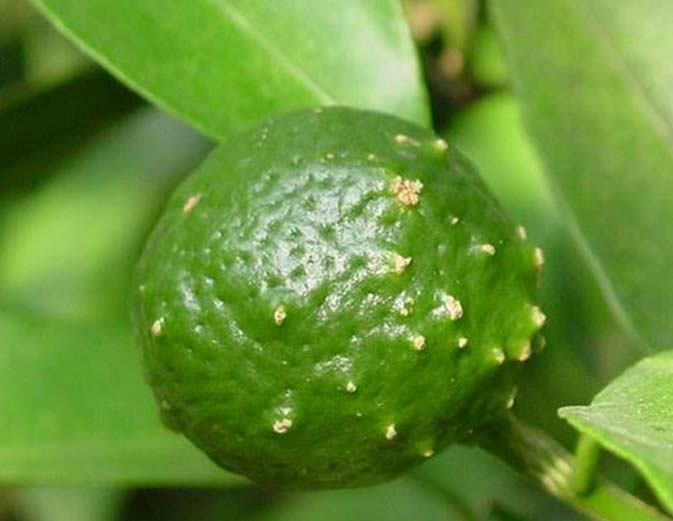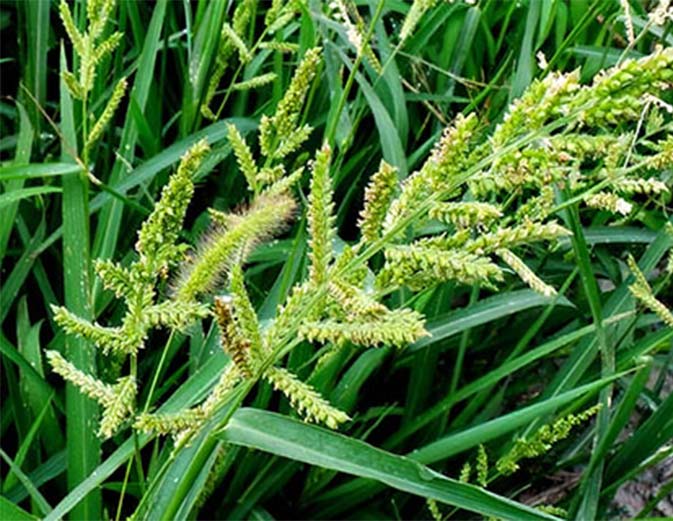
Insecticide
An agricultural insecticide is a type of pesticide that is used to control or eliminate insects and other pests that can damage crops and reduce agricultural productivity. Insecticides are specifically designed to target insects and their life cycles, and may be used in various forms, such as sprays, baits, dusts, or granules.
Agriculture Insecticide for Sale
Benefits of Insecticides
-

Controlling field pests
Insecticides can control field pests quickly and effectively, reduce the harm of agricultural pests to crops, achieve the purpose of increasing crop yield and reduce the labor force of growers.
-

Improving productivity
Crop quantity and quality rely on crop protection. Insecticides enable farmers to produce safe, quality foods at affordable prices.
-

Reducing disease spreading
The use of insecticides to reduce the populations of these vectors has resulted in hundreds of millions of people being spared the deadly or debilitating effects of various diseases.
Use of Insecticides
What are Insecticides
Insecticides, such as indoxacarb insecticide and flonicamid insecticide play an important role in increasing agricultural production and solving human food problems. Insecticides are substances used for pest control by eliminating them or preventing them from engaging in destructive behaviors or disease spreading to crops.
Use of Insecticides
Insecticides is necessary in almost all commercial agriculture production nowadays due to a fairly large number of crop yield was consumed by pests which leads to huge economic losses before the widespread of insecticides.
Different Types of Insecticides
Insecticides can be classified in many ways, including classification based on how they work, their mode of action, or what they're made of. Many insecticides act upon the insect's nervous system, while others act as growth regulators or endotoxins.



